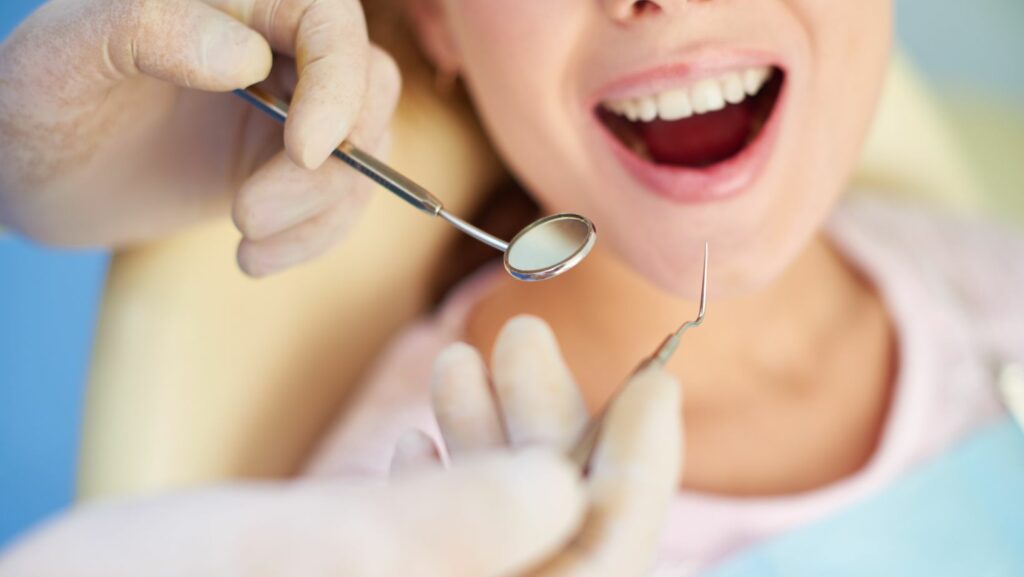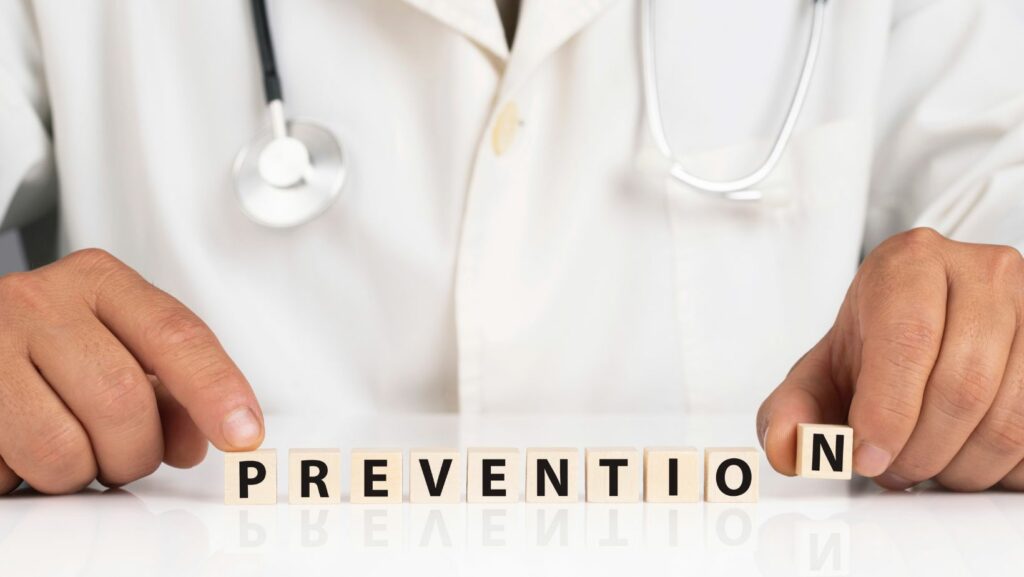Key Takeaways
- Preventive health care is essential for maintaining overall well-being and reducing the risk of chronic diseases by focusing on early detection through regular check-ups and screenings.
- Vaccinations play a critical role in protecting individuals and communities from infectious diseases, promoting herd immunity, and significantly impacting public health.
- Investing in preventive health care leads to reduced healthcare costs by lowering the likelihood of developing chronic diseases and minimizing expensive treatments.
- A proactive approach to health care fosters a culture of wellness, encouraging healthier lifestyles and improved health outcomes in communities.
- Access to preventive health care is often limited for low-income and underserved populations; improving access is crucial for enhancing overall community health.
- Increasing public awareness and education about the benefits of preventive health care can drive engagement and encourage individuals to prioritize their health.
Preventive health care plays a crucial role in maintaining overall well-being and reducing the risk of chronic diseases. By focusing on prevention rather than treatment, individuals can take proactive steps to ensure a healthier future. Regular check-ups, screenings, and vaccinations can catch potential health issues early, making them easier and less costly to manage.
Investing in preventive health care not only enhances personal health but also contributes to a more sustainable health care system. When people prioritize prevention, they reduce the burden on medical resources and improve community health outcomes. Embracing this proactive approach empowers individuals to lead healthier lives while fostering a culture of wellness that benefits everyone.
Importance Of Preventive Health Care
 Preventive health care plays a crucial role in enhancing overall well-being. Regular check-ups facilitate early detection of potential health issues, allowing individuals to address concerns before they escalate. Screenings, such as blood pressure and cholesterol tests, identify risk factors that may lead to chronic diseases like diabetes and heart disease.
Preventive health care plays a crucial role in enhancing overall well-being. Regular check-ups facilitate early detection of potential health issues, allowing individuals to address concerns before they escalate. Screenings, such as blood pressure and cholesterol tests, identify risk factors that may lead to chronic diseases like diabetes and heart disease.
Vaccinations protect individuals and communities from infectious diseases. Immunizations have led to significant declines in diseases such as measles and whooping cough. Ensuring vaccination schedules are followed promotes herd immunity, which protects those unable to receive vaccines due to health conditions.
Investing in preventive care impacts financial resources positively. According to the Centers for Disease Control and Prevention (CDC), chronic diseases account for 70% of healthcare costs in the United States. Early intervention through preventive measures leads to lower treatment costs over time and reduces strain on healthcare systems.
Preventive health care fosters a culture of wellness. Communities prioritizing health education and screenings promote healthier lifestyles. Increased awareness of health issues encourages collective actions that lead to better health outcomes for all, ultimately improving the quality of life and reducing health disparities.
Benefits Of Preventive Health Care
Preventive health care offers numerous benefits that significantly impact individual well-being and community health. Engaging in preventive measures leads to reduced health care costs and enhanced quality of life.
Reducing Health Care Costs
 Reducing health care costs is a primary benefit of preventive health care. Preventive measures decrease the likelihood of developing chronic diseases, which constitute 70% of health care expenditures in the U.S. Early detection through regular check-ups and screenings can identify issues before they escalate. For example, management of conditions like hypertension and diabetes is more cost-effective when caught early, minimizing the need for expensive treatments and hospitalizations. Additionally, vaccinations prevent outbreaks of infectious diseases, reducing the financial burden on healthcare systems related to disease management and treatment.
Reducing health care costs is a primary benefit of preventive health care. Preventive measures decrease the likelihood of developing chronic diseases, which constitute 70% of health care expenditures in the U.S. Early detection through regular check-ups and screenings can identify issues before they escalate. For example, management of conditions like hypertension and diabetes is more cost-effective when caught early, minimizing the need for expensive treatments and hospitalizations. Additionally, vaccinations prevent outbreaks of infectious diseases, reducing the financial burden on healthcare systems related to disease management and treatment.
Enhancing Quality Of Life
Enhancing quality of life is another crucial benefit of preventive health care. Engaging in preventive practices fosters a healthier lifestyle, encouraging individuals to adopt habits like regular exercise, balanced diets, and routine medical check-ups. Communities that prioritize preventive health care report improved health outcomes, decreased incidence of chronic diseases, and increased longevity. Furthermore, mental health benefits arise through reduced anxiety around potential health issues, leading to improved overall well-being and life satisfaction. Prioritizing preventive care cultivates a culture of health that uplifts individuals and communities alike.
Key Components Of Preventive Health Care
Preventive health care encompasses various strategies aimed at reducing health risks and enhancing well-being. Two vital components include regular screenings and check-ups, as well as vaccinations and immunizations.
Regular Screenings And Check-Ups
Regular screenings and check-ups serve as foundational elements of preventive health care. These assessments identify early signs of health issues, enabling timely interventions. Common screenings include blood pressure tests, cholesterol assessments, diabetes screenings, and cancer screenings such as mammograms and colonoscopies. Studies show that consistent check-ups decrease the risk of severe health conditions by 40%. Engaging in these practices helps detect chronic diseases in their early stages, allowing for effective management and treatment. Maintaining scheduled visits with healthcare providers promotes a proactive approach to individual health.
Vaccinations And Immunizations
Vaccinations and immunizations play a crucial role in preventing infectious diseases. Vaccines protect individuals from ailments such as measles, influenza, and hepatitis. The Centers for Disease Control and Prevention (CDC) recommends specific vaccination schedules for children and adults, significantly contributing to public health. For instance, the measles vaccine has reduced cases by over 99% since its introduction. Vaccination fosters herd immunity, safeguarding those unable to receive vaccines due to medical conditions. By preventing outbreaks, immunizations lead to reduced healthcare costs and a healthier community overall. Prioritizing vaccinations ensures long-term protection against preventable diseases.
Challenges In Implementing Preventive Health Care
Preventive health care faces several challenges that hinder its effectiveness. Addressing these challenges requires collaborative efforts from stakeholders across various sectors.
Access To Care
Access to preventive health care remains a significant hurdle. Low-income individuals, rural populations, and underserved communities often face barriers such as lack of insurance, transportation issues, and limited healthcare facilities. Reports show that approximately 27 million Americans lack health insurance, which restricts their ability to seek preventive services. Additionally, it’s noted that rural areas have, on average, 17.6 fewer primary care providers per 100,000 residents than urban areas.
Improving access requires expanding insurance coverage, enhancing healthcare infrastructure, and implementing mobile health clinics to reach isolated populations effectively.
Public Awareness And Education
Public awareness regarding preventive health care is crucial yet underdeveloped. Many individuals lack knowledge about the importance of preventive measures, which leads to lower engagement in necessary screenings and vaccinations. Surveys indicate that only 40% of adults understand the benefits of regular health check-ups and screenings. Educational initiatives must focus on raising awareness around preventive health care benefits and dispelling common misconceptions. Effective communication strategies, such as campaigns utilizing social media platforms and community partnerships, can significantly increase public knowledge and promote proactive health practices across diverse demographics.
Preventive health care is vital for enhancing individual and community well-being. By prioritizing regular check-ups screenings and vaccinations individuals can significantly reduce their risk of chronic diseases. This proactive approach not only promotes early detection but also leads to substantial cost savings in the long run.
Moreover investing in preventive measures fosters a culture of health that benefits everyone. Communities that emphasize health education and access to care see improved health outcomes and reduced disparities. As awareness grows about the importance of preventive health care individuals are empowered to take charge of their health and make informed decisions. Embracing preventive strategies ultimately leads to a healthier population and a more sustainable healthcare system.



